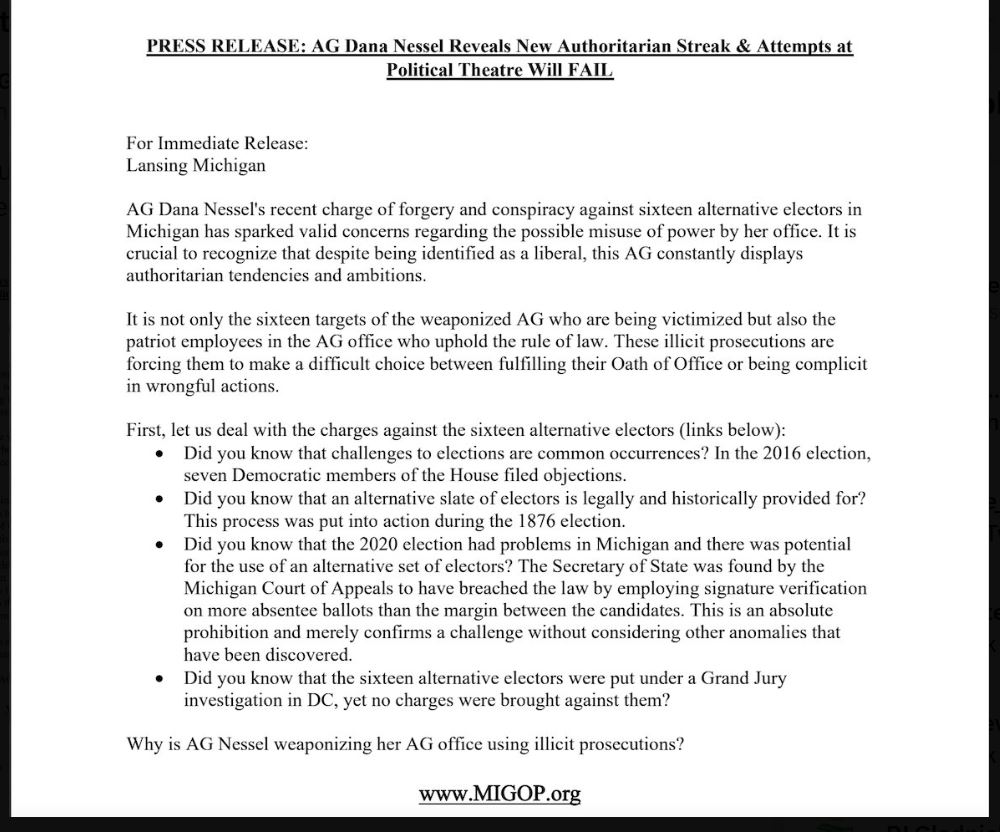Hey there, let me tell you something that’s been making waves in the world of journalism. Citizen free press is not just a buzzword; it’s a movement that’s reshaping how news is created, shared, and consumed. Imagine a world where everyone has the power to report, to share stories that matter, and to hold the powerful accountable. That’s exactly what citizen free press is all about. It’s like the Wild West of journalism, but with a purpose—to give a voice to those who’ve been silenced for far too long so listen up because this is gonna be a wild ride.
But what does it really mean to be part of the citizen free press? Is it just about grabbing your phone and hitting record whenever something exciting happens? Well, not exactly. It’s about responsibility, accuracy, and most importantly, truth. In a world where misinformation spreads faster than wildfires, citizen journalists have the power to set the record straight. They’re the watchdogs of society, keeping an eye on everything from local politics to global events.
And here’s the kicker—citizen free press isn’t just for the pros. Anyone with a smartphone and an internet connection can join the ranks of these modern-day reporters. But with great power comes great responsibility, as Uncle Ben once said. So, if you’re thinking about diving into the world of citizen journalism, buckle up because we’re about to break it all down for you.
Read also:What Is Chef Mario Batalis Net Worth
What Exactly is Citizen Free Press?
Citizen free press is like the ultimate game-changer in the world of news. It’s the idea that everyday people can be the eyes and ears of the community. Think of it as a grassroots movement where anyone can contribute to the news cycle. It’s not just about sharing cat videos or memes; it’s about telling stories that matter. Whether it’s covering a local protest, exposing corruption, or simply sharing a heartwarming tale from your neighborhood, citizen journalists are the ones who make it happen.
But why is it so important? In today’s world, traditional media outlets are often criticized for bias, sensationalism, and even censorship. That’s where citizen free press steps in. It offers an alternative perspective, one that’s unfiltered and raw. It’s like getting the real scoop straight from the source, without all the fluff and spin. And with the rise of social media, the reach of citizen journalism has expanded exponentially. A single tweet or post can now reach millions of people in seconds.
Why Citizen Free Press Matters
Let’s talk about why citizen free press is such a big deal. First off, it democratizes information. No longer do we have to rely solely on mainstream media to tell us what’s going on. Citizen journalists give us a chance to see things from different angles, to hear voices that might otherwise go unheard. It’s like opening up a whole new world of perspectives.
Plus, it holds institutions accountable. When people have the power to report on what they see, it puts pressure on governments, corporations, and other powerful entities to act responsibly. Think about all the scandals that have been exposed thanks to citizen journalists. From police brutality to corporate greed, these brave individuals are shining a light on the truth.
The Rise of Citizen Journalism
So, how did citizen free press become such a big deal? Well, it all started with the rise of the internet and social media. Back in the day, if you wanted to be a journalist, you had to go through years of training and work your way up the ladder. But now, anyone can be a journalist with just a few clicks. Platforms like Twitter, Facebook, and YouTube have made it easier than ever for people to share their stories with the world.
And let’s not forget about the role of smartphones. These little devices have become the ultimate reporting tools. With features like high-quality cameras, instant sharing capabilities, and apps designed for storytelling, smartphones have put the power of journalism in the hands of everyday people. It’s like carrying a fully equipped newsroom in your pocket.
Read also:Lottery Winner Bags A 36 Million Jackpot Then Wakes Up At 430 Am And Goes To Work Like Any Other Day
How Technology is Changing the Game
Technology has completely transformed the landscape of citizen free press. Gone are the days when you needed expensive equipment and a team of professionals to create compelling content. Now, all you need is a smartphone and a good internet connection. Apps like TikTok, Instagram Reels, and even WhatsApp have made it possible for people to share their stories in real-time.
- Live streaming has become a game-changer, allowing citizen journalists to broadcast events as they happen.
- Editing tools are now more accessible than ever, making it easy for anyone to produce polished content.
- Social media algorithms have also played a role, prioritizing user-generated content and giving it a wider reach.
The Challenges Faced by Citizen Journalists
Of course, being a citizen journalist isn’t all sunshine and rainbows. There are plenty of challenges that come with the territory. For starters, there’s the issue of credibility. With so much information out there, it can be hard for people to know what to trust. That’s why citizen journalists need to be extra diligent about fact-checking and verifying their sources.
Then there’s the matter of safety. In some parts of the world, reporting the truth can come with serious risks. Citizen journalists often find themselves in dangerous situations, whether it’s covering protests, investigating corruption, or exposing human rights abuses. But despite these challenges, they continue to push forward, driven by a passion for truth and justice.
Building Credibility as a Citizen Journalist
So, how can citizen journalists build credibility in a world where misinformation runs rampant? Here are a few tips:
- Always verify your sources before sharing information.
- Use reputable fact-checking websites to ensure the accuracy of your content.
- Be transparent about your methods and sources.
- Engage with your audience and address any questions or concerns they may have.
Legal and Ethical Considerations
When it comes to citizen free press, there are some legal and ethical considerations that need to be taken into account. For one, there are laws around privacy and defamation that citizen journalists need to be aware of. Just because you can record someone doesn’t mean you should. It’s important to respect people’s rights and to be mindful of the impact your reporting can have.
On the ethical side, citizen journalists need to think about the potential consequences of their actions. Is it right to share a graphic video of a violent incident? Should you name individuals involved in a sensitive story? These are questions that require careful consideration. Ethical journalism is about more than just getting the story; it’s about doing the right thing.
Staying on the Right Side of the Law
Here are a few legal tips for citizen journalists:
- Know the laws in your country regarding freedom of speech and press.
- Be aware of privacy laws and how they apply to your reporting.
- Understand the difference between fair use and copyright infringement.
- Consult with a legal expert if you’re unsure about any aspect of your reporting.
The Future of Citizen Free Press
So, what does the future hold for citizen free press? Well, it’s looking pretty bright. As technology continues to evolve, we can expect to see even more innovations in the world of citizen journalism. Virtual reality, augmented reality, and artificial intelligence are just a few of the tools that could shape the future of storytelling.
But with great power comes great responsibility. As citizen journalism continues to grow, it’s important that we focus on quality over quantity. It’s not just about producing content; it’s about producing meaningful, impactful content that makes a difference in the world.
Trends to Watch Out For
Here are a few trends to keep an eye on in the world of citizen free press:
- The rise of immersive storytelling through VR and AR.
- The increasing use of AI in content creation and fact-checking.
- The growing importance of multimedia storytelling, combining text, video, and audio.
- The expansion of citizen journalism into new platforms and formats.
How You Can Get Involved
Are you ready to join the ranks of citizen journalists? Here’s how you can get started:
First, educate yourself. Learn the basics of journalism, including how to gather information, write compelling stories, and use multimedia tools effectively. There are plenty of online resources and courses available to help you get started.
Next, find your niche. What stories are you passionate about? What issues do you want to bring attention to? Focus on topics that resonate with you and that you can cover with authenticity and expertise.
Tools You’ll Need
Here’s a list of essential tools for aspiring citizen journalists:
- A smartphone with a good camera and recording capabilities.
- Editing apps like Canva, InShot, or Adobe Premiere Rush.
- Social media platforms for sharing your content.
- A website or blog to host your stories.
Conclusion
Alright, we’ve covered a lot of ground here. Citizen free press is more than just a trend; it’s a movement that’s changing the way we consume and create news. It’s about giving power to the people, about holding the powerful accountable, and about telling stories that matter. As we’ve seen, there are challenges to overcome, but the rewards are well worth it.
So, what’s next? If you’re passionate about journalism and want to make a difference, now’s the time to get involved. Start small, but think big. Share your stories, engage with your audience, and most importantly, stay true to your values. And don’t forget to check out other articles on our site for more tips and insights into the world of citizen journalism.
Now it’s your turn. What do you think about citizen free press? Do you have any questions or stories to share? Drop a comment below and let’s keep the conversation going. Together, we can create a brighter, more informed future.
Table of Contents
- What Exactly is Citizen Free Press?
- Why Citizen Free Press Matters
- The Rise of Citizen Journalism
- How Technology is Changing the Game
- The Challenges Faced by Citizen Journalists
- Building Credibility as a Citizen Journalist
- Legal and Ethical Considerations
- Staying on the Right Side of the Law
- The Future of Citizen Free Press
- Trends to Watch Out For
- How You Can Get Involved
- Tools You’ll Need


